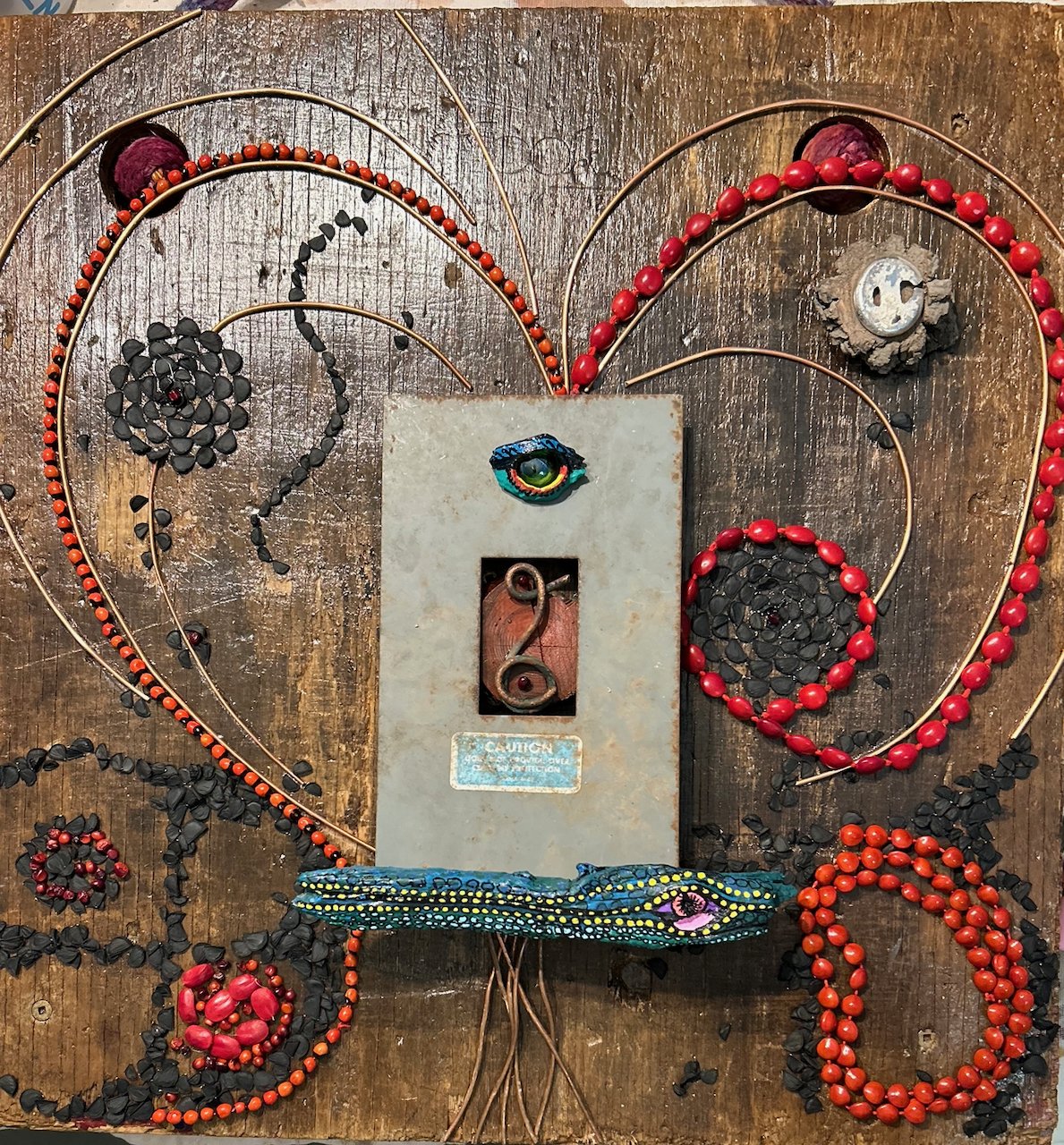Self-care: It involves more than you may think!
Self-care is not all about frou-frou moments, retail therapy, and bubble baths, though sometimes that feels like exactly what we need!
Caring for the Self involves unfiltered authentic moments.
An important and often missed part of harnessing Self-care practices to increase feelings of wellbeing comes from the psychological community of Jungians. Self-care starts with the Self, first described by Carl G. Jung.
My working definition of the “Capitol S” Self from a Jungian depth perspective is:
“The ineffable core of personality that we are born with. Closely connected with the concept of soul, the Self is an imprint from the universe influencing who we are meant to be, how we are most comfortable functioning in the world, and the connections and values that are innately important to each one of us.”
When we add “care” into this definition, Self-care becomes aligned with Self-expression.
Social norms and childhood trauma teach us to “play it safe.” Instead of following our natural inclinations to express our opinions, we seek other’s approval, adapting our responses to what we think others want to hear. This not only stymies our natural creative impulses, it also leads to the opposite of Self-expression: symptoms of depression and anxiety.
Being taught from a young age to conform to societal norms, we can develop low Self-esteem and low Self-worth when there is conflict between who we are versus a need for social or parental acceptance. At its extreme, we learn to hide our authentic Self as a false self develops in its place, leading to symptoms of dissociation, depersonalization, and derealization.
To recap: Self-care rituals in the depth therapy perspective are closely aligned to various forms of Self-expression. Ways to practice effective Self-care include:
Saying a firm “No” when you know you do not want to do something
Listening for and expressing your own opinion after quieting your thoughts of “what do others want to hear?”
Learning to decode the messages from your unconscious by engaging in Dream Analysis with a Jungian Therapist/Analyst
Starting a regular journaling practice
Exploring the archetypes presenting in your life and how they are unconsciously influencing your decisions, with a Jungian Therapist/Analyst
Participating in the creative arts
Walking in nature

